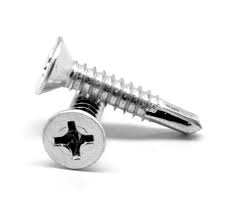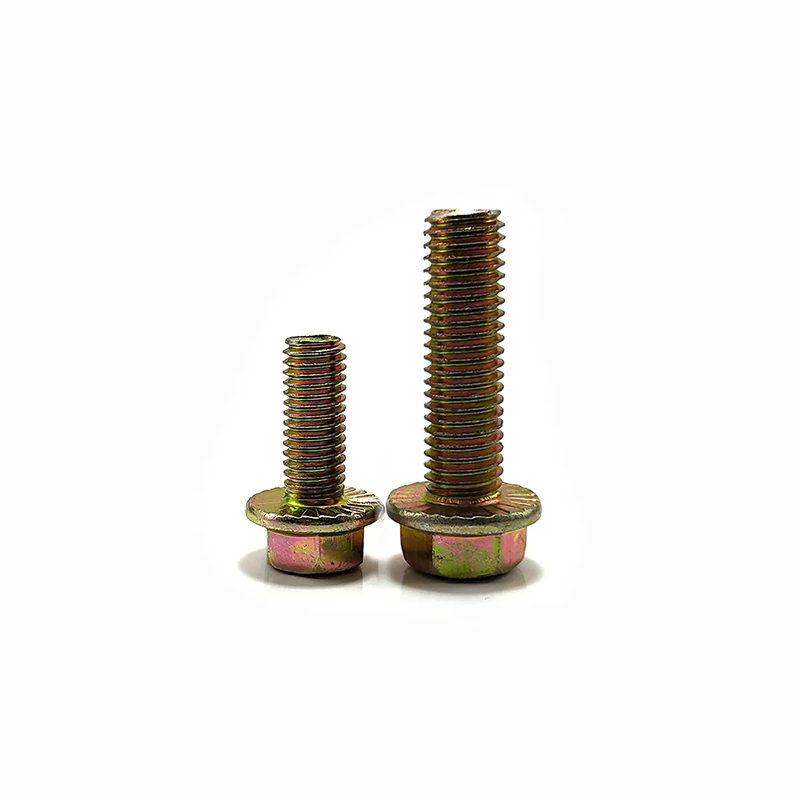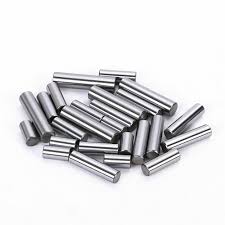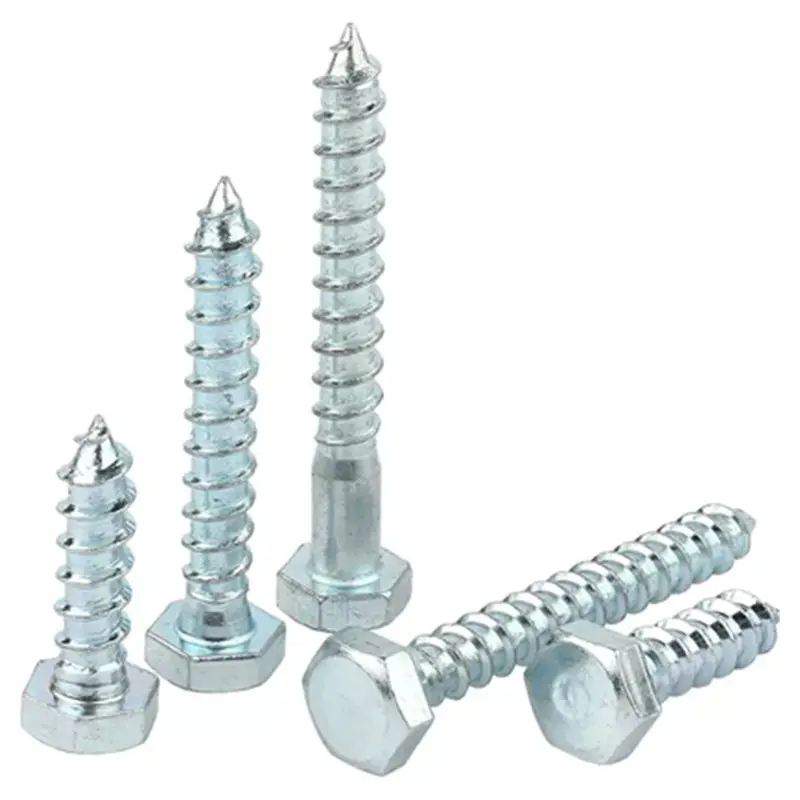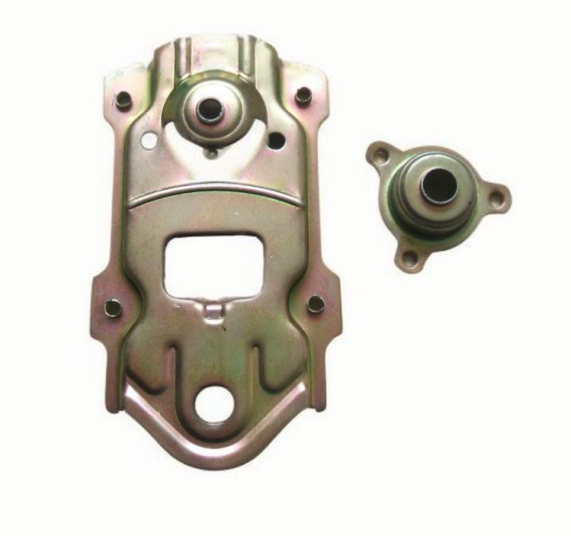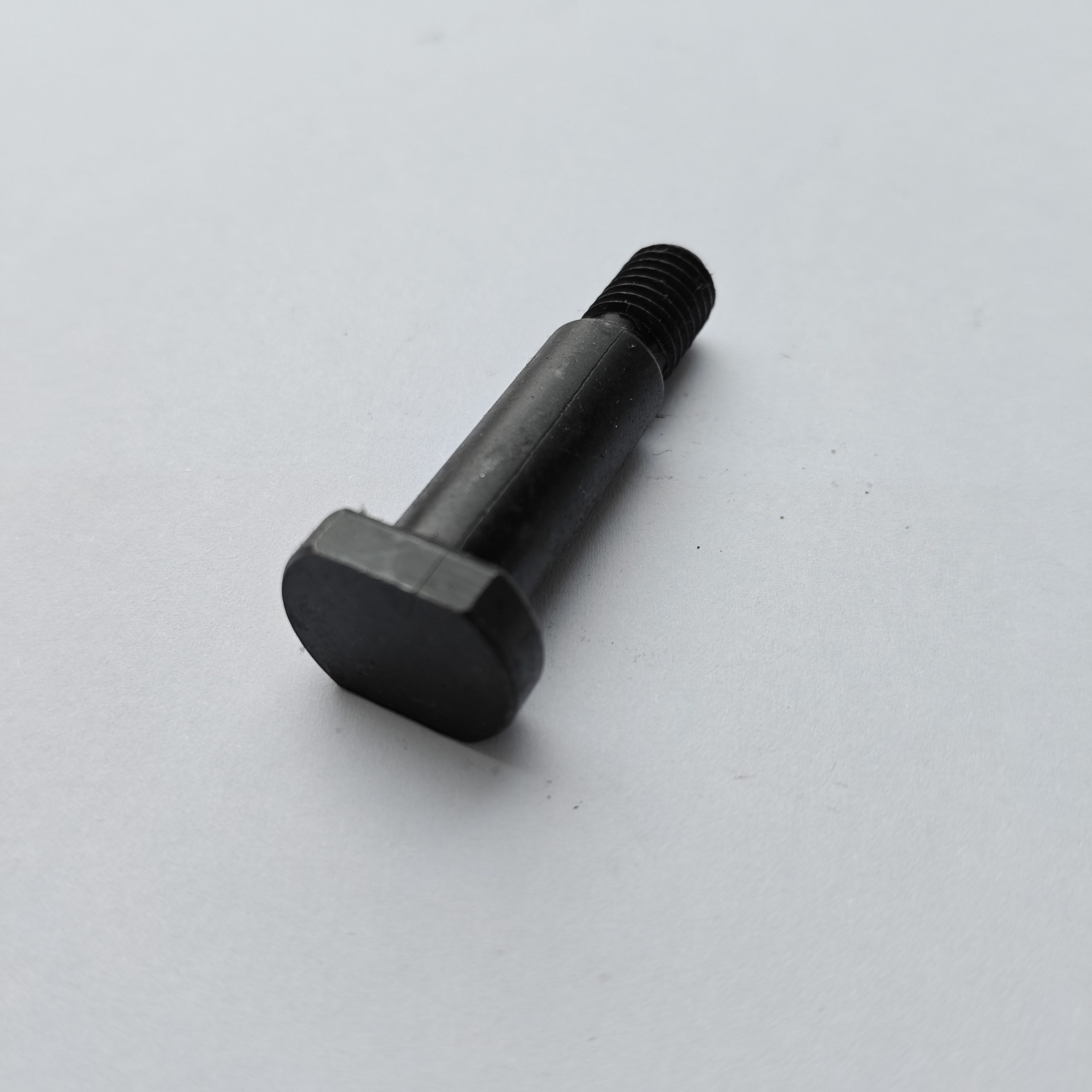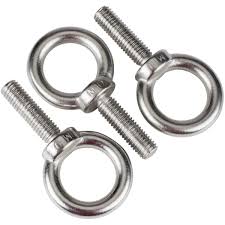

This guide helps you navigate the world of expansion anchor manufacturers, providing insights into selecting the best supplier for your specific needs. We explore various types of expansion anchors, key considerations for choosing a manufacturer, and factors to ensure quality and reliability.
Expansion anchors are mechanical fasteners used to secure objects into various substrates like concrete, brick, and masonry. They work by expanding within the hole, creating a strong grip. Choosing the right anchor is crucial for the safety and longevity of your project. The type of anchor needed depends heavily on the application and the material being fastened to. For instance, a heavy-duty application will require a more robust anchor than a lightweight one. Several factors influence the choice of expansion anchor manufacturers and the anchors themselves, which we'll explore below.
Drop-in anchors are easy to install and ideal for applications where speed and efficiency are paramount. They are inserted into a pre-drilled hole and expanded using a setting tool.
Sleeve anchors, also known as drive-in anchors, are driven into a pre-drilled hole using a hammer or setting tool. They offer a simple and cost-effective solution for many fastening needs.
Hammer-set anchors are driven directly into the substrate without pre-drilling. While convenient, they are suitable for softer materials and lighter loads.
Wedge anchors offer high holding power and are excellent for heavy-duty applications. They work by expanding a wedge within the anchor, creating a strong grip against the substrate.
Selecting a reputable expansion anchor manufacturer is critical for ensuring quality and reliability. Several factors should be considered:
The anchor's material greatly impacts its strength and durability. Common materials include steel, zinc-plated steel, and stainless steel. The manufacturer should provide clear information on the material composition and its properties.
Verify the anchor's load capacity to ensure it can handle the anticipated weight. Manufacturers typically provide detailed specifications, including ultimate tensile strength and shear strength. Always select an anchor with a higher load capacity than your requirement for a safety margin.
Look for manufacturers who adhere to relevant industry standards and certifications (e.g., ISO 9001) guaranteeing quality control. This assures that the anchors meet specific performance and safety requirements.
Choose a manufacturer that provides excellent customer support and offers warranties on their products. This offers peace of mind and assurance of product quality.
Consider these factors when comparing different expansion anchor manufacturers:
| Manufacturer | Material Options | Load Capacity Range (kg) | Certifications | Warranty |
|---|---|---|---|---|
| Manufacturer A | Steel, Stainless Steel | 100-1000 | ISO 9001 | 1 year |
| Manufacturer B | Zinc-plated Steel | 50-500 | None | 6 months |
| Manufacturer C Hebei Dewell Metal Products Co., LTD | Steel, Stainless Steel, Zinc-plated Steel | Variable depending on the anchor type | (Specify certifications from their website) | (Specify warranty information from their website) |
Selecting the right expansion anchor manufacturers and anchors involves careful consideration of several factors. By understanding the different types of anchors available, prioritizing quality, and verifying load capacities, you can ensure a safe and secure installation for your project. Remember to always consult manufacturer specifications for detailed information and proper installation instructions.



